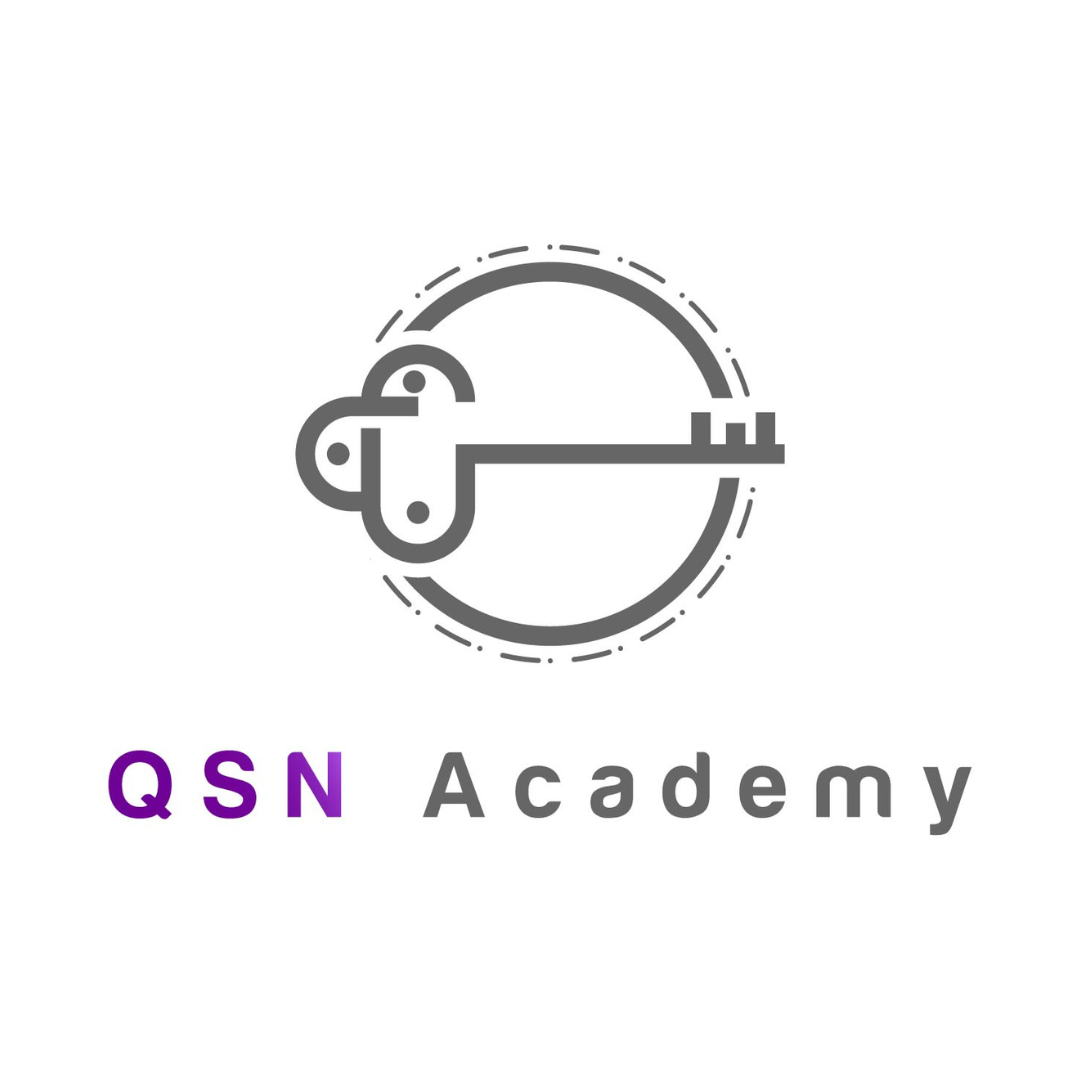
Upskilling Your Staff for GMP Regulatory Compliance
The Strategic Value of GMP Knowledge
In the therapeutic goods, biotechnology, and laboratory testing sectors, regulatory compliance is not simply a legal requirement — it is a defining measure of operational integrity and market readiness. Good Manufacturing Practice (GMP) regulations ensure that products meet quality standards, are consistently produced, and are safe for their intended use. However, achieving and sustaining compliance is not solely a matter of installing the right systems or investing in certified facilities; it requires a workforce with the competence, awareness, and confidence to operate within a regulated environment.
For many organisations, staff training is seen as a checkbox activity to satisfy audit requirements. In reality, upskilling personnel in GMP principles is a strategic investment. A workforce fluent in GMP is better equipped to prevent costly compliance breaches, adapt to evolving regulatory expectations, and contribute directly to product quality and operational excellence.
Why Upskilling Is More Than Initial Training
GMP readiness is not static. Regulatory guidelines evolve, new scientific evidence emerges, and technologies such as electronic batch records, laboratory information management systems (LIMS), and advanced analytics change operational workflows. Without continuous development, even experienced professionals risk falling behind.
Upskilling goes beyond basic induction training. It is a structured process of enhancing the depth, breadth, and application of regulatory knowledge. This means not only understanding what GMP principles state but also knowing how to interpret and apply them in the context of real-world scenarios. For example, understanding Annex 1 changes in sterile manufacturing or data integrity requirements in laboratory operations demands both regulatory literacy and technical application skills.
The Skills Gap in Modern GMP Environments
Despite technological advancements, the GMP skills gap remains a challenge for many companies. Common deficiencies include:
Data Integrity Awareness – Staff may not recognise practices that risk violating ALCOA+ principles (Attributable, Legible, Contemporaneous, Original, Accurate, plus Complete, Consistent, Enduring, and Available).
Documentation Precision – Incomplete or incorrect recording of batch or testing data remains one of the leading causes of regulatory observations.
Root Cause Analysis Proficiency – The ability to distinguish between symptoms and true causes in deviations is essential to effective corrective and preventive action (CAPA) programs.
Cross-Functional GMP Understanding – Manufacturing, quality control, maintenance, and warehousing each have unique GMP implications, and siloed knowledge can result in compliance gaps.
Identifying and addressing these gaps is central to building a robust compliance culture.
Designing an Effective Upskilling Program
A high-quality GMP upskilling program is neither generic nor one-size-fits-all. It must be tailored to the organisation’s products, processes, and regulatory exposure. Key design considerations include:
Needs Assessment – Begin with a structured review of staff roles, current competencies, and regulatory risk points. This ensures training is targeted where it will have the greatest impact.
Role-Specific Learning Paths – The GMP knowledge required for a laboratory analyst differs from that of a warehouse operator. Customising content improves engagement and relevance.
Integration of Real-World Examples – Training grounded in real case studies and audit findings strengthens practical application and recall.
Blended Learning Models – Combining classroom or virtual instruction with hands-on workshops and on-the-job coaching enables staff to reinforce theory with practice.
Assessment and Feedback – Testing comprehension and providing actionable feedback ensures that the intended competencies are genuinely acquired.
Continuous Learning Framework – Regulatory updates, new technology introductions, and process changes should automatically trigger targeted refresher sessions.
Regulatory Expectations for Training
Regulators such as the Therapeutic Goods Administration (TGA), the European Medicines Agency (EMA), and the U.S. Food and Drug Administration (FDA) explicitly require that personnel involved in manufacturing, testing, and quality assurance are trained in GMP principles relevant to their responsibilities. Guidance documents emphasise that:
Training must be documented.
Competency must be periodically evaluated.
Training records should be readily available during inspections.
Refresher training should occur at defined intervals, typically annually or when new procedures or regulations are introduced.
Failure to meet these expectations often results in inspection observations, ranging from minor findings to critical citations that can halt operations.
The Cultural Impact of Upskilling
When staff see training as an investment in their professional growth rather than a compliance formality, the benefits multiply. Upskilling fosters:
Ownership of Quality – Employees are more likely to take proactive measures to prevent errors when they understand the broader compliance implications.
Cross-Departmental Communication – Shared GMP fluency reduces misunderstandings between functions such as production and quality control.
Innovation within Regulatory Boundaries – Well-trained staff can propose process improvements with confidence that changes will remain compliant.
This cultural shift can be as important as the technical skills gained, particularly in organisations navigating rapid growth or new market entry.
Common Pitfalls in GMP Training Programs
Despite good intentions, many training initiatives fail to deliver measurable improvements in compliance performance. Common pitfalls include:
Overloading with Regulations Without Context – Presenting large amounts of regulatory text without linking it to practical tasks leads to low retention.
One-Off Training Events – Without reinforcement, knowledge decays quickly.
Neglecting New Hires and Contractors – Temporary staff and contractors can introduce compliance risks if their GMP training is overlooked or rushed.
Failure to Track Effectiveness – Without monitoring outcomes, organisations cannot confirm whether training investments are achieving the desired impact.
Avoiding these pitfalls requires commitment from both leadership and quality management teams.
Measuring the ROI of Upskilling
While GMP training is a compliance necessity, it also delivers measurable returns when implemented effectively. Indicators of positive return on investment include:
Reduced number of deviations, non-conformances, and rework.
Shorter audit preparation times and fewer inspection observations.
Faster onboarding of new personnel.
Increased efficiency in implementing process changes.
Higher employee retention due to improved engagement and career development opportunities.
By tracking these metrics over time, organisations can demonstrate the tangible business value of their training programs.
Partnering with Specialists for Sustainable Results
Organisations seeking to build or strengthen their GMP training often benefit from partnering with dedicated compliance education providers such as QSN Academy. With expertise in therapeutic goods manufacturing, laboratory testing, and biotechnology operations, specialised educators can:
Deliver content aligned with current TGA, EMA, and FDA expectations.
Develop role-specific training modules.
Provide independent assessments of competency.
Support the creation of sustainable internal training frameworks.
This approach ensures that upskilling is both scientifically rigorous and operationally relevant.
Partner with QSN Academy
Upskilling staff for GMP regulatory compliance is not merely a training exercise — it is a strategic capability that underpins product quality, operational efficiency, and market trust. In an industry where the smallest oversight can have significant regulatory and reputational consequences, investing in the knowledge and skills of your workforce is essential.
By systematically identifying skills gaps, designing targeted learning paths, integrating real-world applications, and committing to continuous development, organisations can move beyond baseline compliance toward a culture of sustained excellence. In doing so, they not only meet the letter of the law but also embody the scientific and ethical standards that GMP is designed to uphold.
